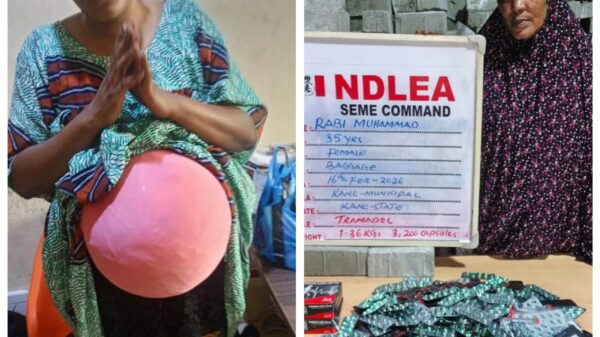By Arike Willoughby
Nigeria’s 200 million estimated population provides huge opportunities for food supply. However, the supply is limited by low productivity in the agriculture sector despite the sector contributing 24% of the country’s GDP. According to PwC, the agricultural sector, which includes food manufacturing, faces the following issues: lack of access to finance, shortage in the supply of inputs, conflict and insecurity, outdated methods of agriculture, and so on.
Another factor responsible for the demand-supply disparity rests upon Nigeria’s infrastructure limitations, all of which contribute to the increased cost of production. It is also a result of the global oil price instability and the general effects of the COVID-19 pandemic on supply chains and spending power.
But these challenges notwithstanding, there are a few foods manufacturing companies that have weathered the storm and produced remarkable results in the past year. One of such is Honeywell Flour Mills Plc.
The pandemic has significantly changed consumer spending and eating habits. People now rely more on foods that are easy to cook and have longer shelf life. This made it even more expedient for food manufacturers like Honeywell Flour Mills Plc that produce high quality, nutritious staple food products to step into the gap and meet the feeding needs of Nigerians.
In its FY 2021, Honeywell Flour Mills Plc reported the highest-ever revenue in its 23-year history, despite the manner in which the pandemic impacted businesses and the many challenges facing the food manufacturing sector, as discussed above. With revenue of ₦109.5 billion, the company joined the centurion club, an exclusive list of Nigerian companies that have generated over ₦100 billion in annual revenue. This new record represented a 36% increase in revenue for Honeywell, up from the ₦80.4 billion it generated in 2020. The performance was underpinned by initiatives focused on driving customer loyalty, product differentiation, and improving operational efficiency.
Another major contributor to the company’s FY 2021 performance and growth was its increased production capacity. For instance, its over two-year-old pasta factory in Sagamu, Ogun State boosted production capacity with 138,600 metric tonnes of pasta, injecting over ₦19 billion to the company’s revenue figures. Its factories in Apapa and Ikeja also contributed ₦90.5 billion to this growth. Altogether, this increase in production capacity also meant that the factories could employ more people, a much-needed value addition during trying times. Employing more people also meant that Honeywell directly contributed to the welfare of several families, making it easier for parents to keep food on the table while working in healthy and safe conditions.
However, companies like Honeywell and others within the food manufacturing sector still must battle the effects of the increased cost of production, which is inevitably reflected in food prices. In recent weeks, the conversations around the rising cost of food items in the market have become more prominent. A recent report by the World Bank in Nigeria shows that food prices accounted for over 60% of the total increase in Nigeria’s inflation rate. This contributed to pushing seven million Nigerians below the poverty line in 2020 alone.
But there is light at the end of the tunnel. As both the public and private sectors further invest in agricultural and food manufacturing policies and practices, with more significant and deliberate efforts to improve the value chain, and with a commitment to reduce Nigeria’s import-dependency, things will only get better. If one company can optimise its operations so well that it turns out a significant profit in spite of a pandemic, there’s so much more that can happen when we have more human resources, better government policies and more capital investments from the private sector at play.
By Arike Willoughby is a writer and journalist living in Ikeja, Lagos.
![]()





























































